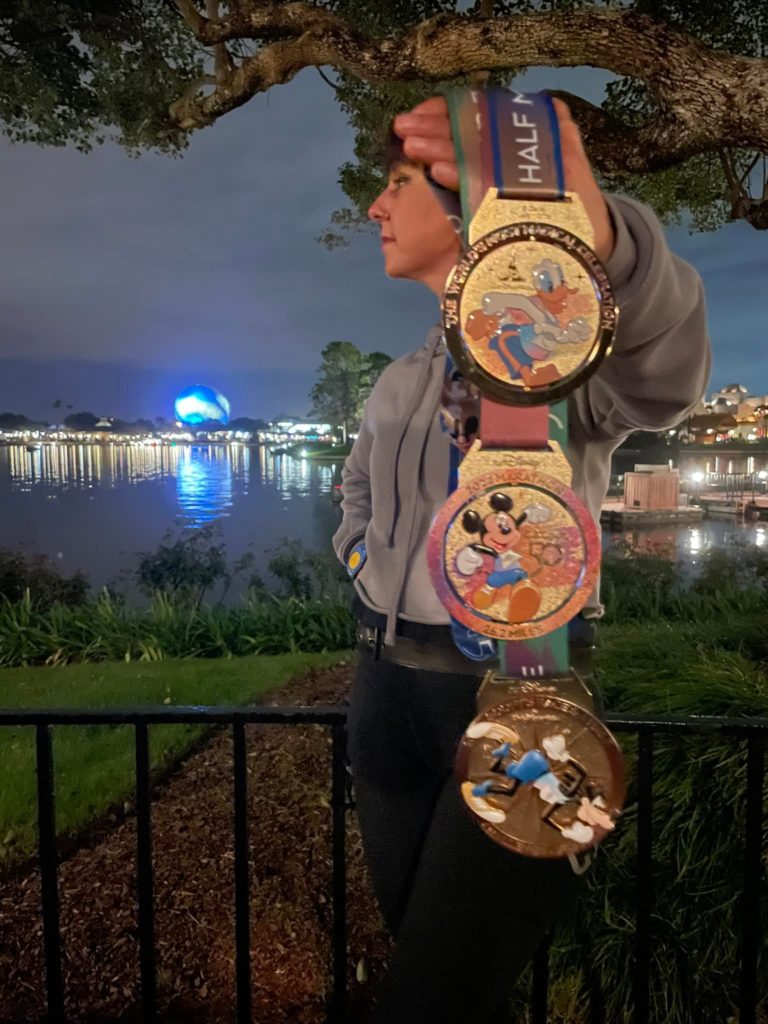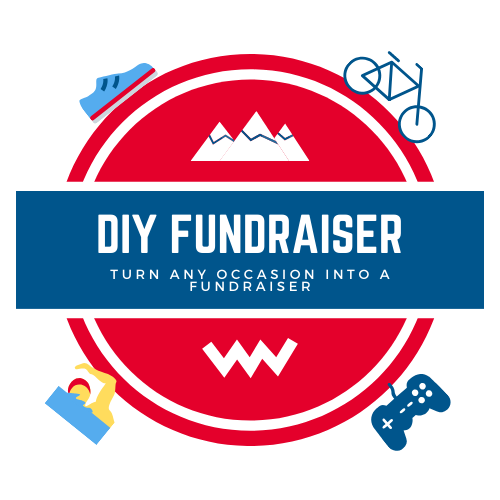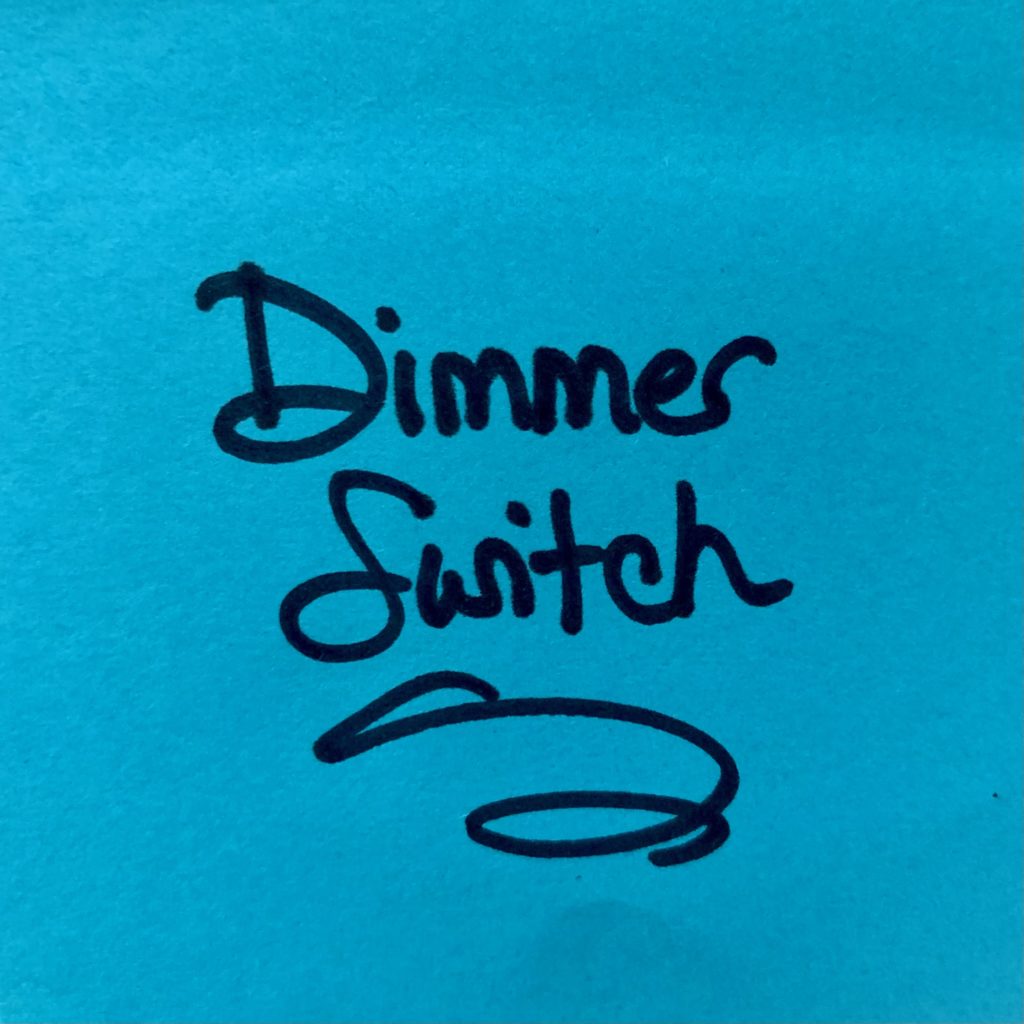Team MSAA Champion Allie (Dee) Trela has been running and raising funds for MSAA for years, raising thousands of dollars for our free programs and services. For Allie, the runs are personal – she was diagnosed with MS herself just 5 years ago. Allie has been running with Team MSAA ever since. This year, she’s taking on the Walt Disney World ® Marathon Weekend’s greatest challenge – the Dopey Challenge, a 4-day, 48.6m run, in which participants double their running distance each day, with a half marathon (13.1mi) and full marathon (26.2mi) on the 3rd and fourth days.








